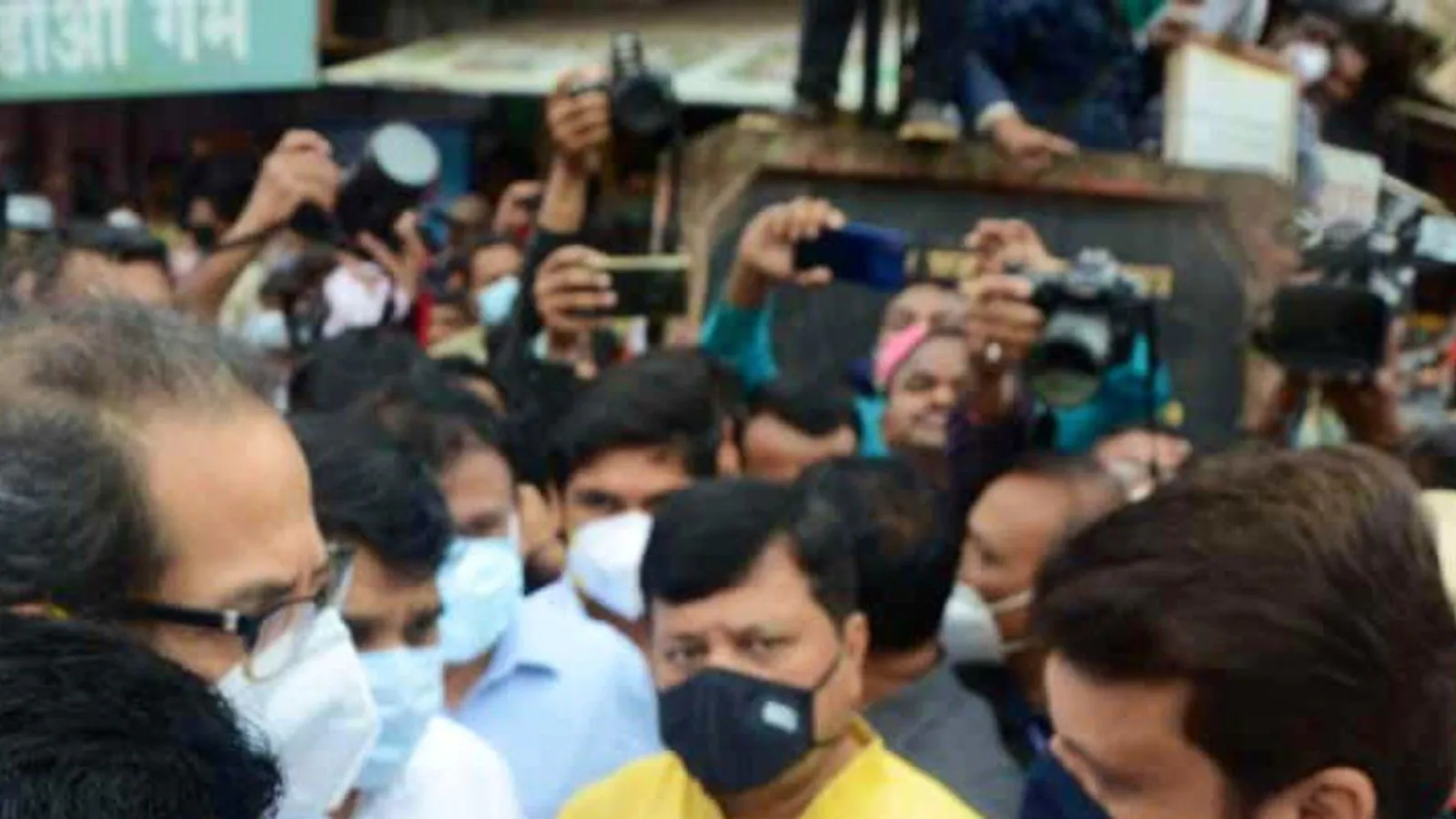Bengaluru, June 20: Weakened Monsoon winds are likely to intensify in the next three to four days. Major rice, soybean, cotton and sugarcane growing areas in southern, central and western states may be affected, weather officials said on Tuesday.
Monsoon is the lifeblood of India’s $3 trillion economy. It provides about 70 percent of the rainfall required to irrigate cultivated fields and fill reservoirs and aquifers. It provides the water needed in summer.
Rains usually start from June 1 from the state of Kerala on the southwest coast of India. It covers half of the country by mid-June. This year the onset of monsoon was delayed by Cyclone Biperjoy, a severe storm in the Arabian Sea. This has hampered its progress for one third of the country.
Now the conditions are getting favorable for monsoon to strengthen. A senior official of the India Meteorological Department (IMD) said that the monsoon will make rapid progress over central, western and northern parts of the country from this weekend.

Cotton, soybeans and pulses are grown mainly in the central parts of the country. It is the largest supplier of vegetable oils and pulses and the top cotton producing region. India has received 33 percent less rainfall than normal in June so far. Yet in some states the deficit is as high as 95 percent.
IMD director general Mrityunjay Mohapatra said that based on the information we have now, monsoon rains will be good this week. The IMD has forecast below average rainfall in June, with onset of monsoon expected in July, August and September.
However, for the entire four-month season, the IMD has forecast average rainfall despite the formation of a possible El Nino weather phenomenon. A strong El Nino, marked by sea surface warming in the Pacific Ocean, can cause severe drought in Southeast Asia, India and Australia.
At the same time the U.S. Midwest and other parts of the world, such as Brazil, are blocked from rain. The impact of a strong El Niño caused drought for only the fourth time in 2014 and 2015, pushing Indian farmers into extreme poverty.



